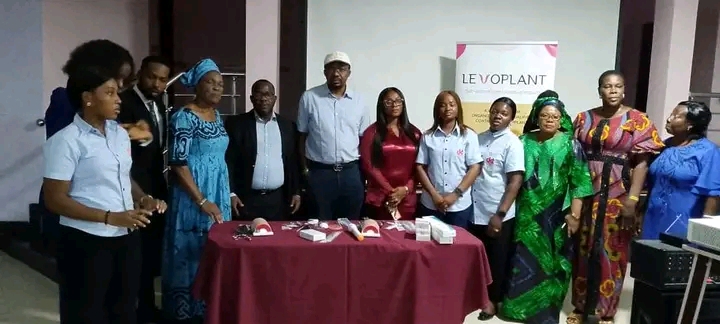In a bid to underscore the significance of family planning and child spacing in society, Dr. Afam Obidike, the Anambra State Commissioner for Health, reiterated the critical role these practices play during the state’s Cascade Training on Long-Acting Reversal Contraceptives (LARC).
Conducted in Awka, the training, in collaboration with the Federal Ministry of Health and Social Welfare, focused on educating healthcare professionals on the utilization of Levoplant Implant and Hormona-IUD produced by DKT, a non-governmental organization dedicated to developing family planning commodities and providing related services.
Dr. Obidike emphasized the economic relief family planning and child spacing offer families and highlighted their contribution to empowering women to make informed decisions about childbirth timing.
Expressing gratitude to DKT for their support in providing various family planning commodities, Dr. Obidike affirmed Anambra State’s commitment to partnering with the organization to meet its family planning objectives. He urged participants to approach the training with diligence, equipping themselves to disseminate knowledge across healthcare facilities statewide.
Furthermore, Dr. Obidike stressed the importance of thorough counseling for women considering family planning options, ensuring they comprehend the associated risks and benefits of each method.
Mrs. Amara Ezeokenwa, Anambra State Family Planning Coordinator, commended DKT for organizing the four-day residential training for Reproductive Health Supervisors (RHS) from tertiary, secondary, and primary healthcare centers across the state. She explained that the RHS officers would leverage their training to enhance family planning services upon returning to their respective facilities.
Representing DKT, Mr. Rex Idemudia elucidated the organization’s commitment to promoting family planning, child spacing, contraception, and reproductive health nationwide. He emphasized their mission to ensure the accessibility of family planning commodities across Nigeria, incorporating commodity development and education on various family planning methods, including injectables and implants.
The training sessions featured practical demonstrations by participants and interactive question and answer sessions, enriching the knowledge and capacity of attendees to deliver effective family planning services in their communities.

